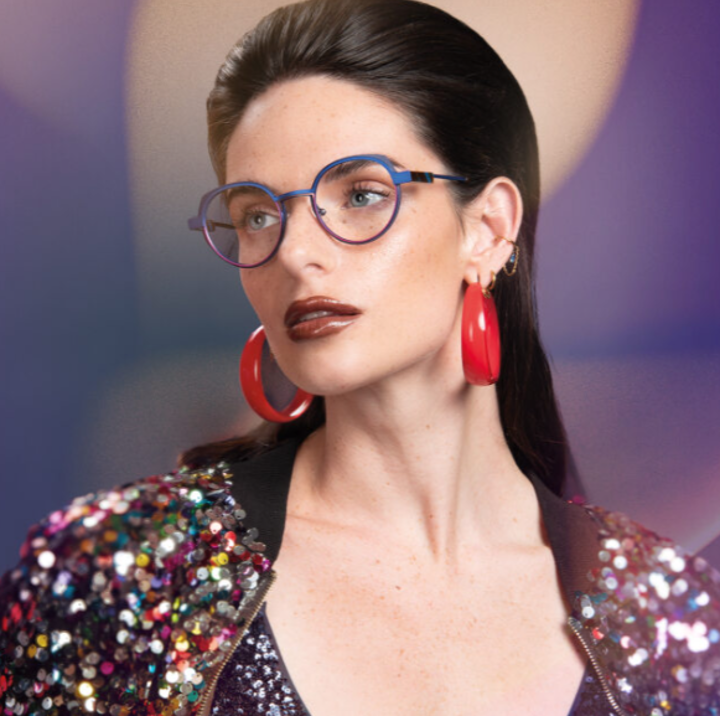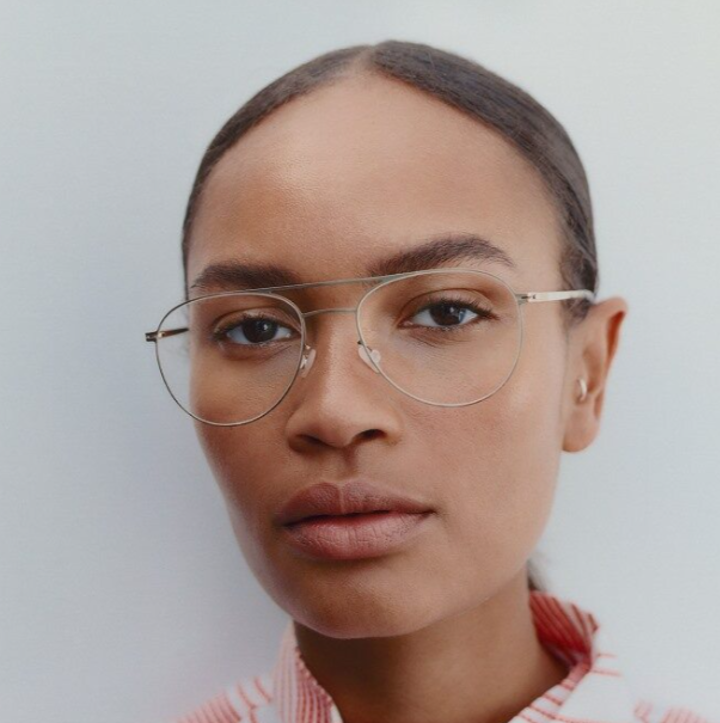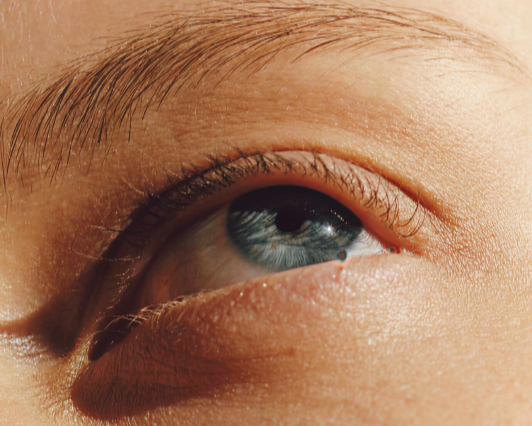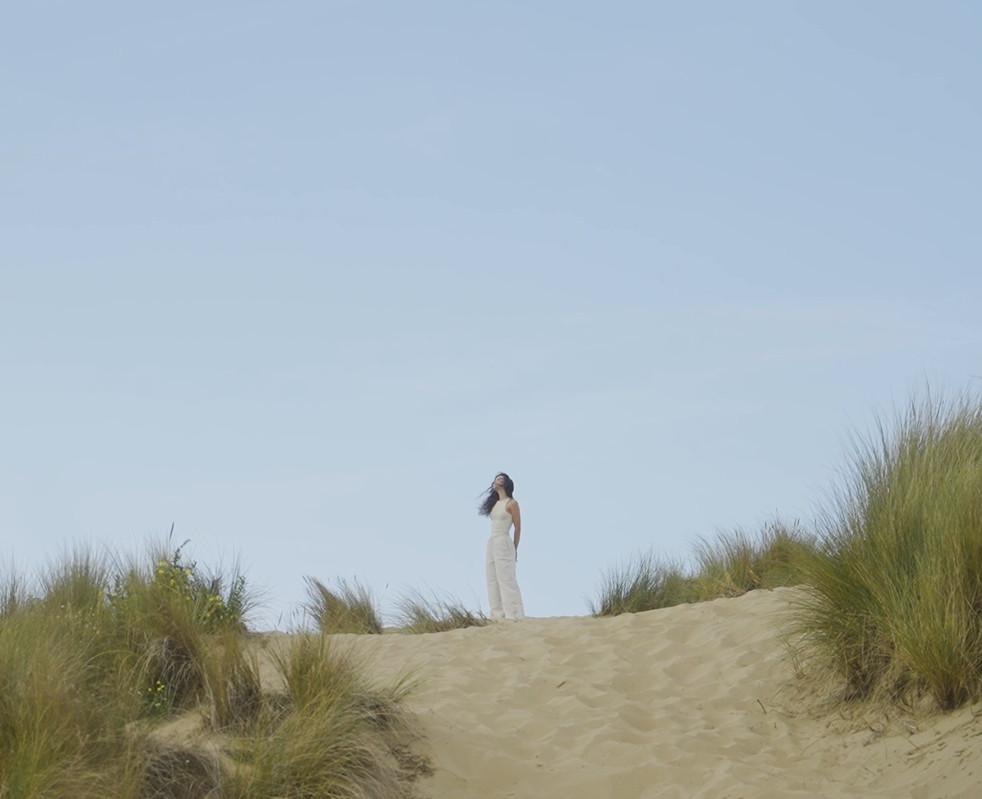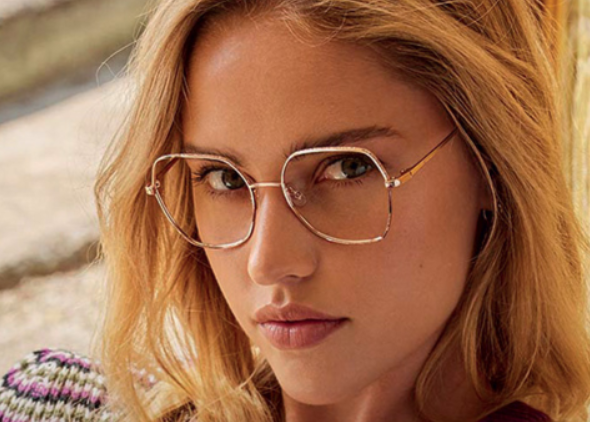Dry eyes
- What are dry eyes?
- How do I recognize dry eyes?
- What causes dry eyes?
- What can I do about dry eyes?
- Dry eye contact lenses
- Dry eyes: treatment after examination
Do you have complaints or doubts about your vision?
Don't keep walking around with it. Contact one of our stores near you. Our masters of the eye are ready to help you.
What are dry eyes?
If you don't produce enough tears, you can suffer from dry eyes. Although dry eyes are usually harmless, dry eyes can eventually lead to damage to the cornea and conjunctiva.
How do I recognize dry eyes?
Dry eyes are often accompanied by the following complaints:
- Itchy eyes
- Tired eyes
- Red eyes
- Burning eyes
- A “grain of sand feeling”
- Sensitivity to light
- Sticky eyelids
- Sore eyes
What causes dry eyes?
Dry eyes occur because too little tear fluid is produced or because tear fluid evaporates more quickly. There are various factors that influence the production or evaporation of tear fluid, namely:
- Getting older
-
A laser treatment
-
Certain medications, such as antidepressants and blood pressure lowering agents. Some medications can have a negative impact on the tear film
-
Diseases such as diabetes, rheumatoid arthritis and Sjögren's syndrome
-
Hormonal changes or fluctuations
-
Blinking too little, for example when working on the computer
-
Environmental factors: air conditioning, smoke, dust, wind
-
Wearing the wrong contact lenses. If the eye and lens aren't a perfect team, they can sometimes feel less comfortable.
-
Vitamin D deficiency. Although there is little convincing evidence for this, vitamin D deficiency is often cited as a cause of dry eyes. If you also have other complaints that are consistent with a vitamin D deficiency, it would of course not hurt to visit your doctor.
The above list is not complete and is mainly intended to show what common causes are. If complaints persist, it is advisable to contact one of our stores.
What can I do about dry eyes?
Some causes of dry eyes are relatively easy to correct. However, we advise you not to continue walking around with complaints. If you persist, always contact one of the branches in your area.
-
Drink enough water, at least 1.5 liters per day.
-
Make sure you get enough exercise
-
Rest your eyes regularly. Because we demand a lot from our eyes, it is important to use the 20-20-2 rule. This means that after 20 minutes of looking up close (for example on a screen), you have to look 20 seconds into the distance. It is also important to spend 2 hours a day outside! This way your eyes can relax after a day full of screen stimuli.
-
Try not to rub your eyes too much, as this can cause additional irritation.
-
Blink frequently to keep your eyes moist. This is especially important while reading, driving or looking at a screen.
-
Protect your eyes with one sunglasses or multimedia glasses to prevent irritation and dryness.
-
Avoid drafty areas or areas with smoke and air conditioning.
-
Get advice about using new contact lenses.
Dry eye contact lenses
Many contact lens wearers sooner or later experience dry eyes, whether they wear hard or soft lenses. This is at the expense of wearing comfort and sometimes even causes blurred vision. There are no special lenses for (extremely) dry eyes. The best lenses for dry eyes are the contact lenses and lens solution that best suit your eyes. At Oogwereld we know exactly what type of lenses they are.
Dry eyes: treatment after examination
Fortunately, treating dry eyes is possible in most cases. Many people think of eye drops or sprays when treating dry eyes, but the treatment obviously depends on the cause. That is why at Oogwereld we always do research first. Our optometrist uses special measuring equipment to investigate the origins of your complaints and then provide appropriate advice.






